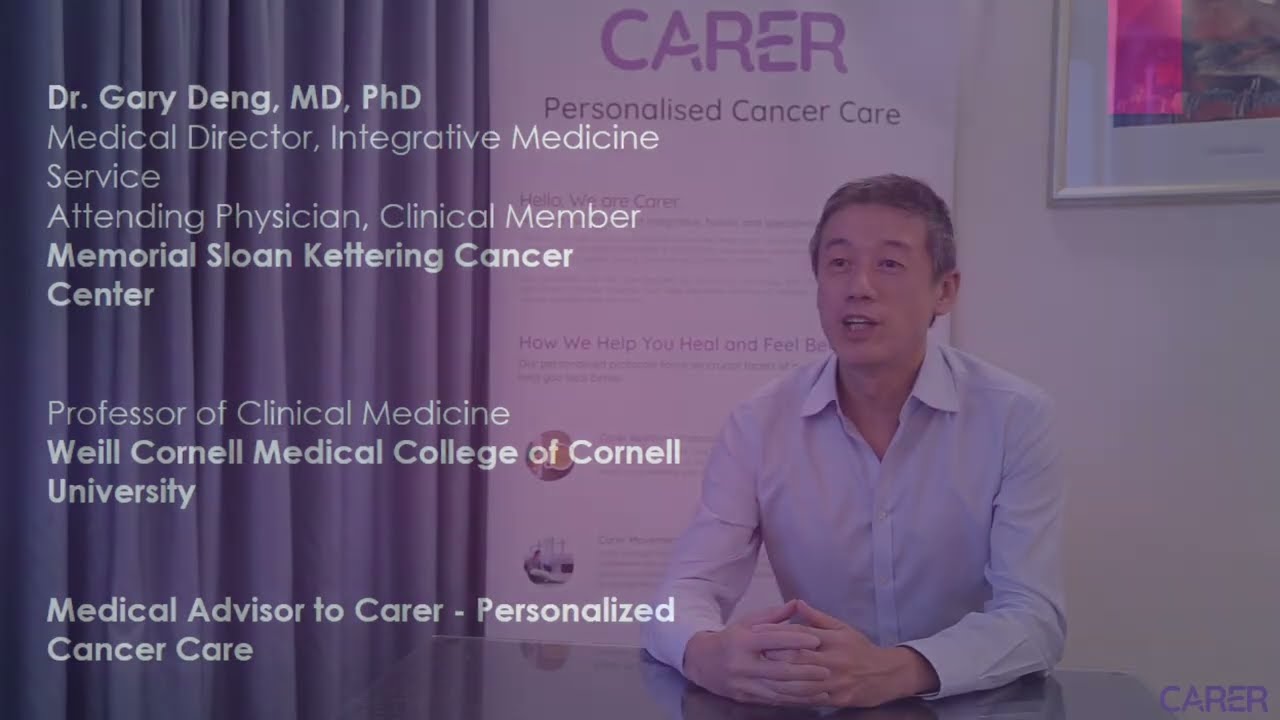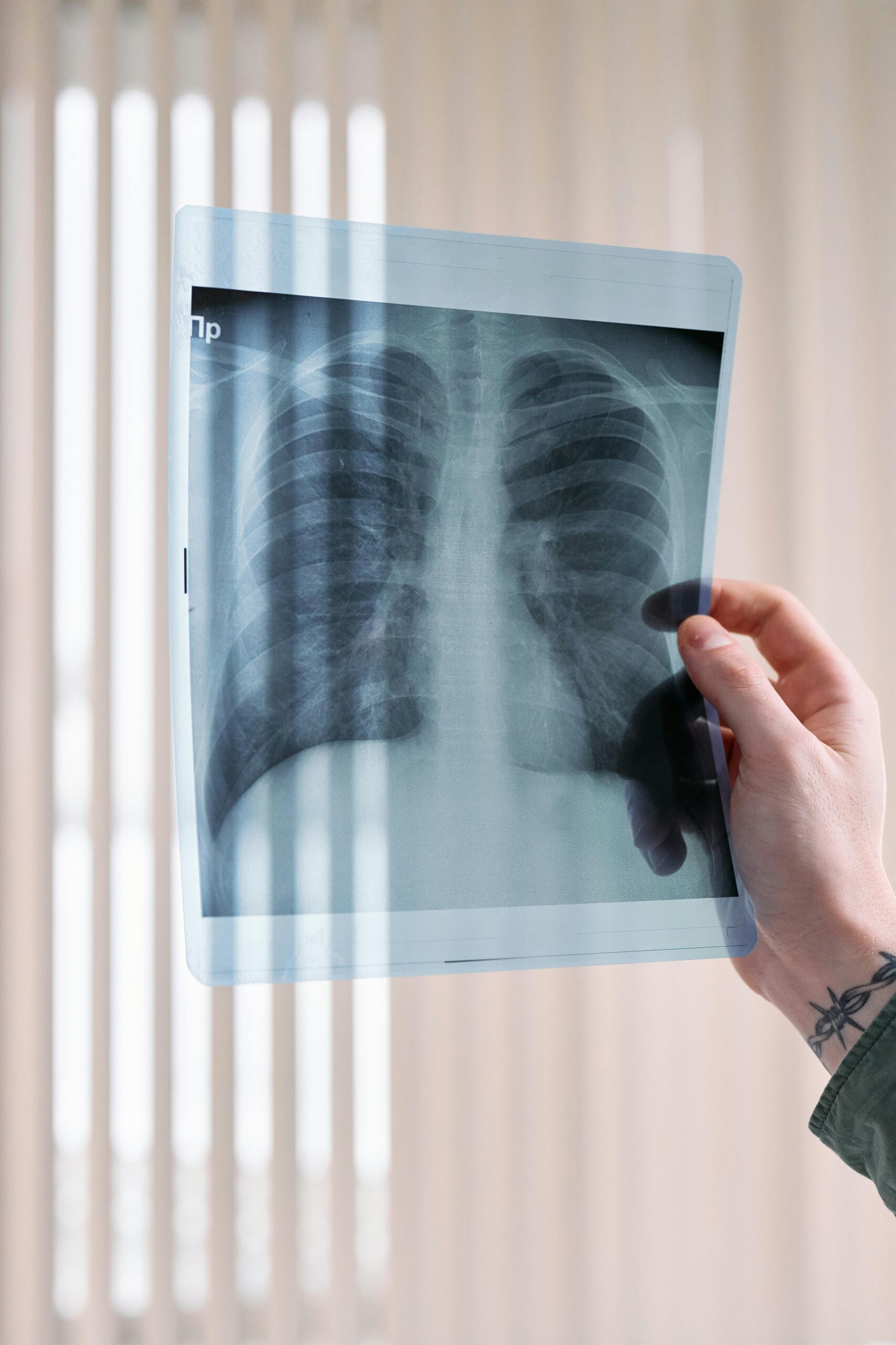Tag: quality of life
-

A Cancer Patient’s Guide to Safely Dining Out
While undergoing cancer treatment, your mood, cravings, and taste preferences may change frequently. These tips will assist you in making safer and healthier dining choices if you’re sick of eating the same home-cooked meals every day and would prefer to eat out. Choose a Hygienic and Reputable Restaurant The most important factor is selecting a…
-

Caring for the Skin: Supporting Melanoma Patients with Natural Therapies
Melanoma, the most serious form of skin cancer, requires intensive care that includes immunotherapy, surgery, and perhaps chemotherapy or radiation. Natural remedies can aid in healing, skin recovery, and general well-being, even when medical procedures are essential. Understanding Melanoma Treatment and Recovery Surgically removing the tumor is often the first step in treatment, which may…
-

The Importance of Integrative Oncology: A Pioneer Approach to Cancer Care
Integrative oncology is transforming cancer care by blending conventional treatments with evidence-based complementary therapies such as acupuncture, meditation, yoga, and nutritional counseling. This holistic approach helps patients manage treatment side effects, reduce stress, and enhance overall well-being.Dr. Deng, a visionary in the field, emphasizes the significance of this movement: “I know it’s very difficult…
-

Foods to Avoid for Better Health and Cancer Prevention
Eating nutritious food is essential for a healthy life, but it’s equally important to avoid foods that can harm your body. Certain foods can trigger inflammation, increase cancer risk, and negatively impact overall health. Here are some foods you should limit or avoid: Processed and Grilled Meats Processed meats like bacon, hot dogs, and deli…
-

Tools for Lung Cancer Patients: Easing Breathlessness and Anxiety
Respiratory issues such as exhaustion, persistent coughing, and shortness of breath are common in lung cancer patients, and they can cause mental stress and anxiety. A comprehensive strategy that incorporates breath-focused therapy, mindfulness, natural remedies, and a peaceful home environment is needed to manage these symptoms. Common Respiratory Challenges & Emotional Stress Breathlessness (dyspnea) is…
-

Recognizing Signs of Lymphedema After Breast Cancer Surgery and How to Manage It
Surgery for breast cancer that involves the removal of lymph nodes or radiation therapy can interfere with the lymphatic system and result in lymphedema, a chronic illness in which an accumulation of extra fluid causes swelling, generally in the arm or chest. Understanding the signs and proactive management can help maintain comfort and mobility. What…
-

Understanding Food and Drug Interactions: What You Need to Know
When taking medications, it’s important to be aware of how certain foods can affect their effectiveness. When a food, beverage, or supplement changes how a drug acts in the body, it’s called a drug interaction. These interactions may increase the potency, decrease the effectiveness, or even result in negative side effects of drugs. Why Do…
-

Cancer Recovery: A Holistic Approach with the Carer Cancer Program
Cancer treatment, while life-saving, often comes with challenging side effects that impact a patient’s physical, emotional, and mental well-being. The Carer Cancer Program provides a comprehensive and all-encompassing healing strategy that addresses these issues by emphasizing symptom management and general rehabilitation. Dr. Rajeev Vijayakumar, Consultant Medical Oncologist, emphasizes the importance of this program, stating: “The…
-

CRISPR and Gene Editing: The Future of Cancer Treatment
Overview of CRISPR in Medicine CRISPR (short for “clustered regularly interspaced short palindromic repeats”) is a technology that research scientists use to selectively modify the DNA of living organisms. CRISPR was adapted for use in the laboratory from naturally occurring genome editing systems found in bacteria. This revolutionary tool is now being used in medicine…
-

Soothing the Gut: Managing Digestive Issues in Colorectal Cancer Patients
Patients with colorectal cancer frequently have digestive discomfort as a result of the disease or its treatments. Radiation, chemotherapy and surgery have a significant impact on the patient’s gut microbiome and as a result, their quality of life . Some of the symptoms can include, but are not limited to nausea, constipation, diarrhea, and bloating.…
